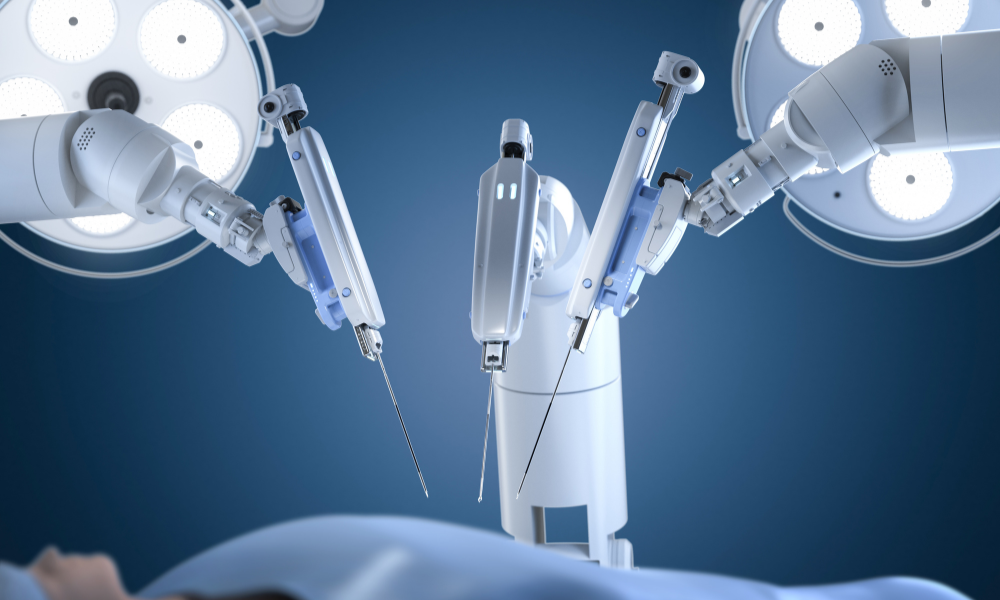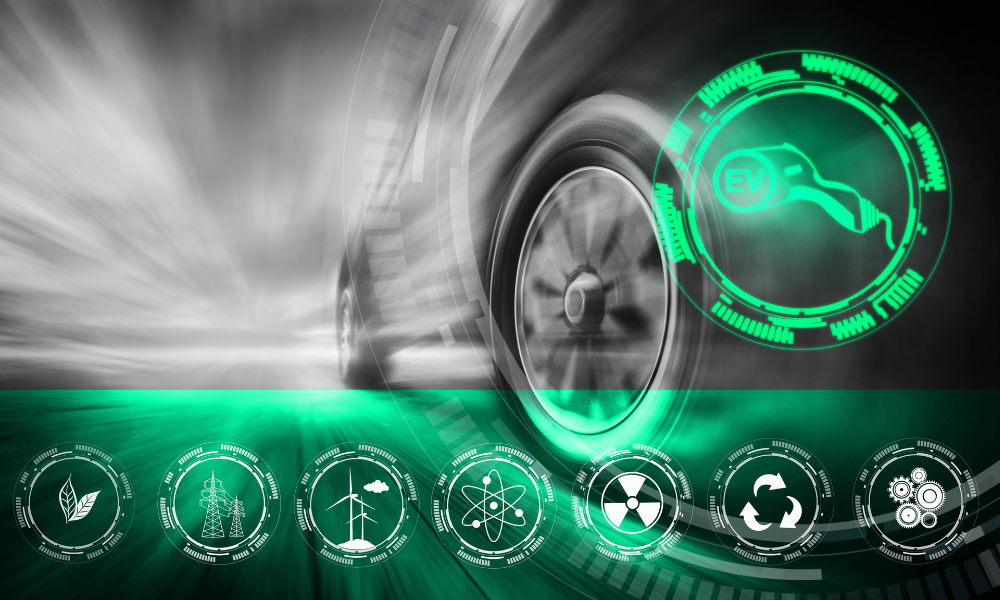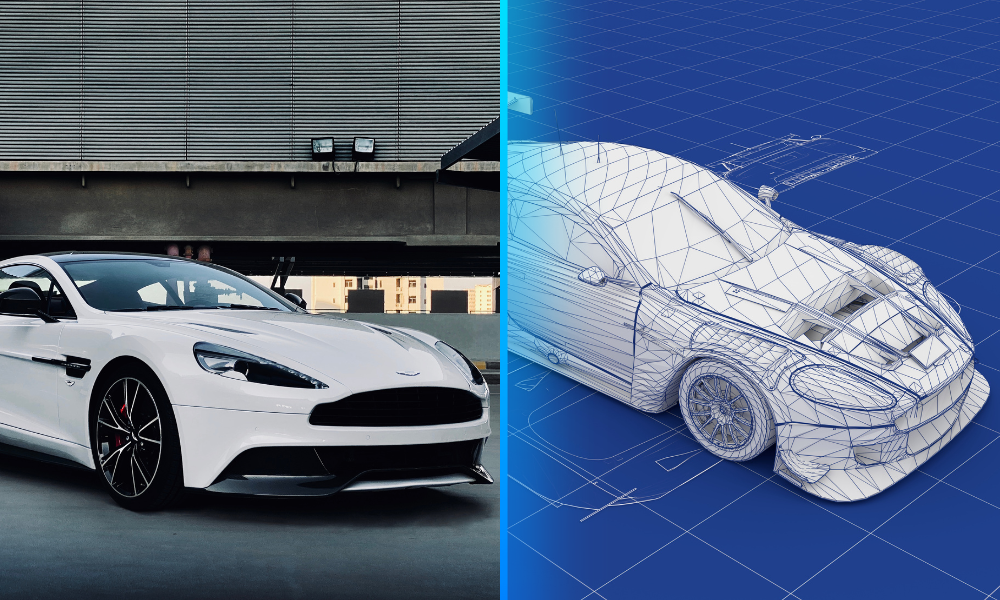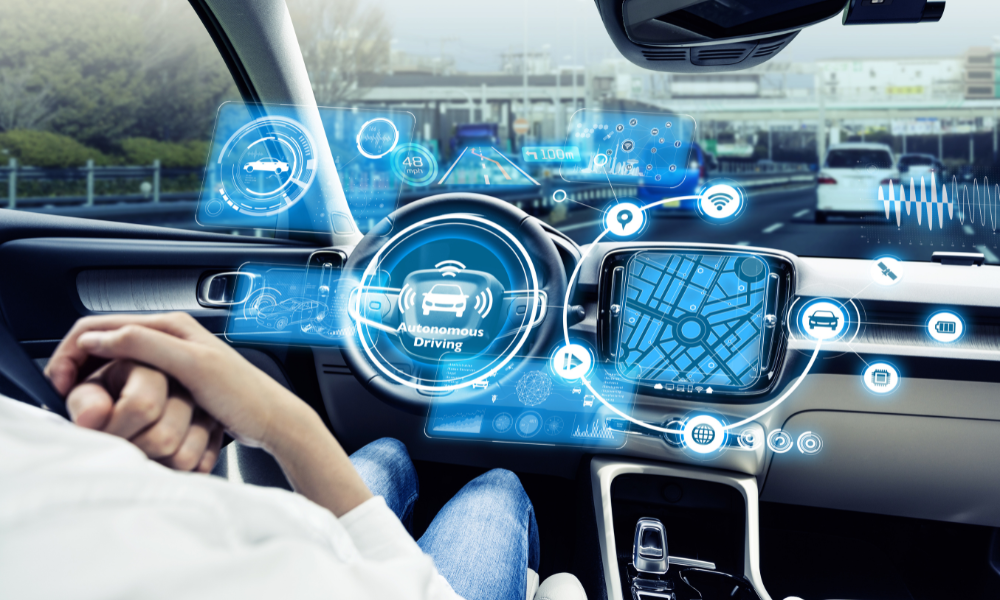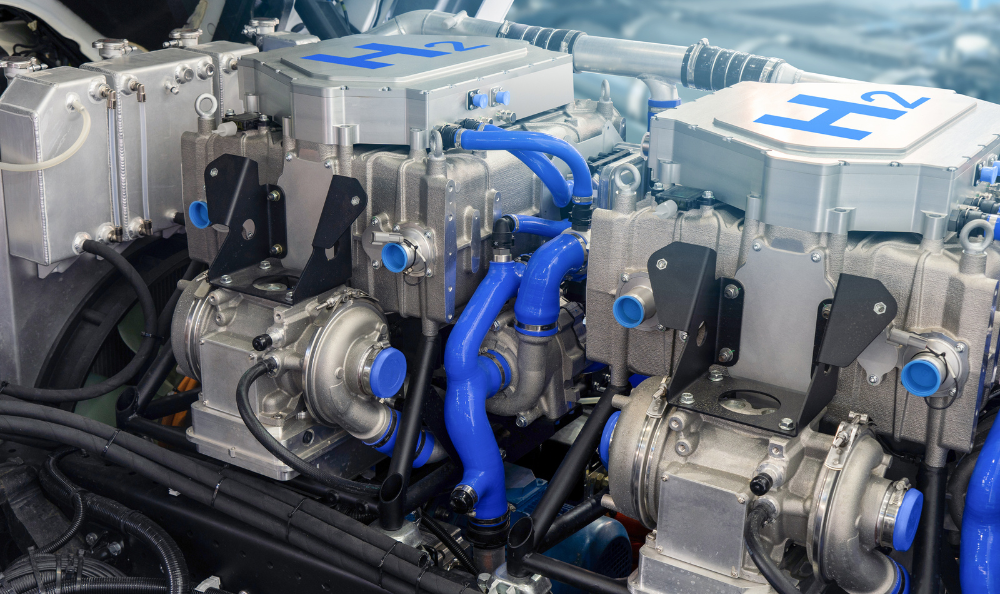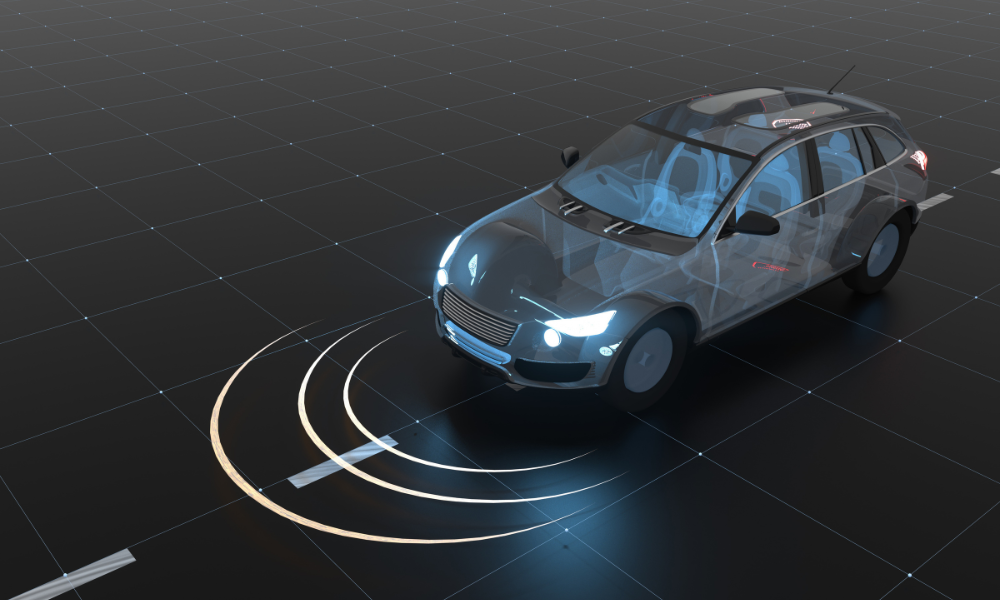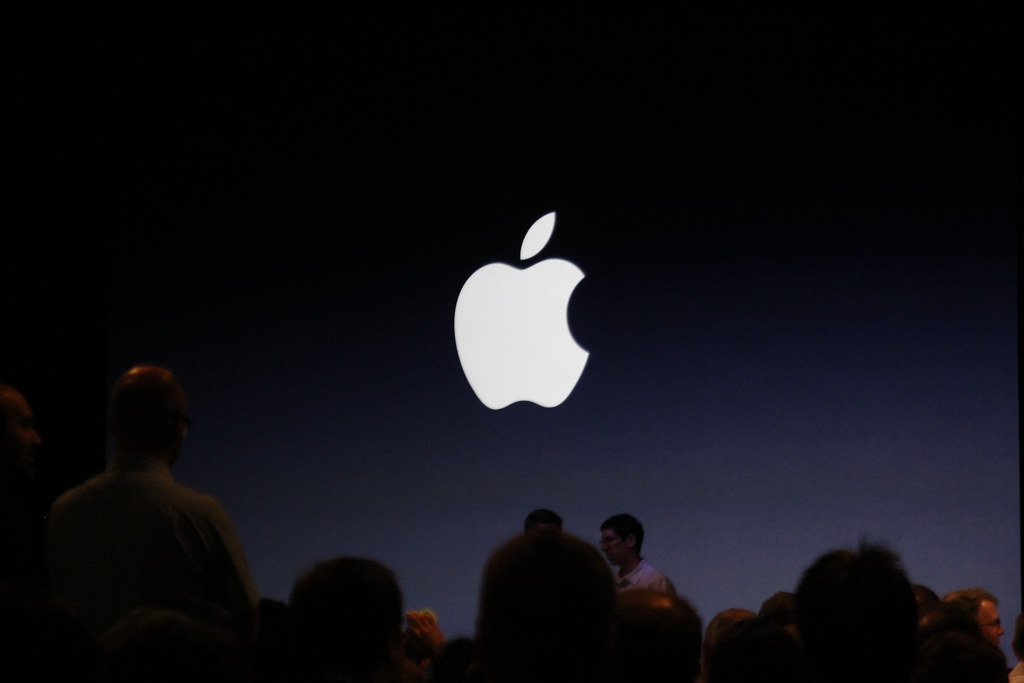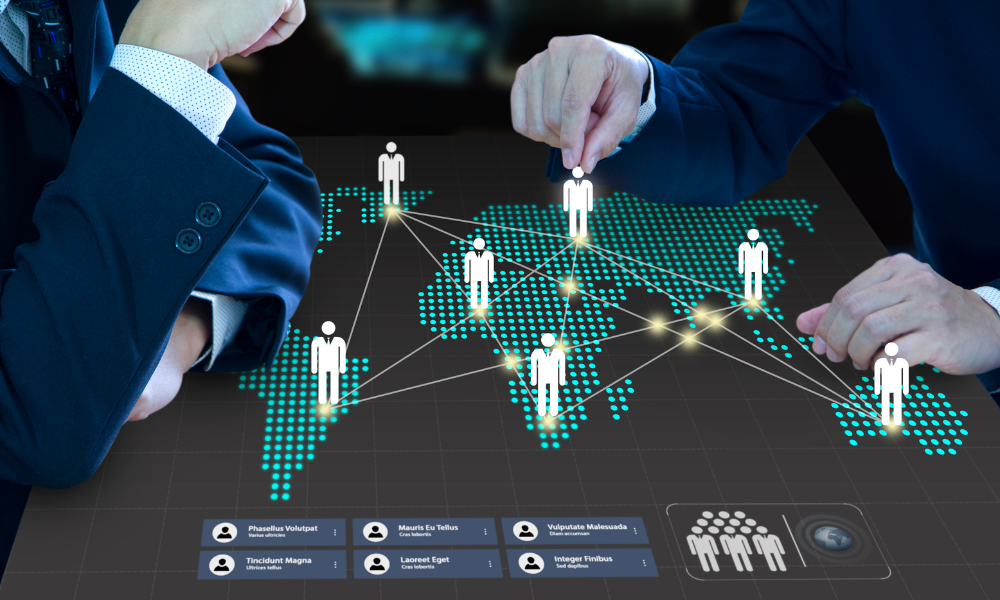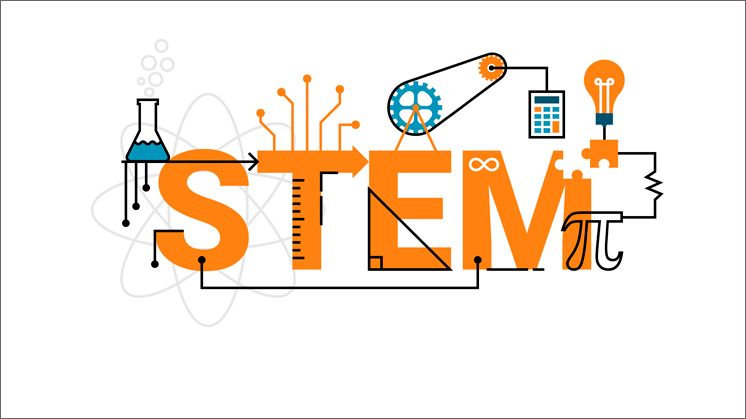ArtificialIntelligence, AIinHealthcare, MedicalImaging, DiseaseDiagnosis, PersonalizedMedicine, HealthTech, MachineLearning
In the realm of healthcare, the intersection of technology and medicine has led to remarkable advancements, revolutionizing the way diseases are diagnosed and treated. One such transformative force is Artificial Intelligence (AI), which is reshaping the landscape of diagnostics. By harnessing the power of AI algorithms, medical professionals can now interpret medical images more accurately, diagnose diseases with greater precision, and tailor treatments to individual patients' needs. In this blog, we will delve into the pivotal role of AI in diagnostics, focusing on its applications in medical imaging interpretation, disease diagnosis, and personalized treatment planning, while also highlighting recent breakthroughs and their implications.
Medical Imaging Interpretation: Medical imaging, such as X-rays, MRIs, and CT scans, plays a crucial role in diagnosing a wide range of medical conditions. However, the interpretation of these images can be complex and time-consuming, requiring expertise and experience. This is where AI-powered algorithms come into play. By leveraging machine learning techniques, AI algorithms can analyze medical images with remarkable speed and accuracy, aiding radiologists and clinicians in detecting abnormalities and making diagnoses.
Recent breakthroughs in AI-based medical imaging interpretation have demonstrated remarkable results. For example, researchers have developed AI models capable of detecting early signs of diseases such as cancer, stroke, and Alzheimer's disease from medical images with unprecedented accuracy. These AI systems not only assist healthcare professionals in making faster and more accurate diagnoses but also help identify subtle abnormalities that may go unnoticed by the human eye, potentially leading to earlier intervention and improved patient outcomes.
Disease Diagnosis: Beyond medical imaging, AI algorithms are also making significant strides in disease diagnosis across various medical specialties. By analyzing vast amounts of patient data, including medical records, lab results, and genetic information, AI systems can identify patterns and correlations that may elude human practitioners. This enables more accurate and timely diagnoses, especially in complex and rare diseases where traditional diagnostic approaches may fall short.
Recent advancements in AI-driven disease diagnosis include the development of diagnostic algorithms for conditions such as heart disease, diabetes, and infectious diseases. These AI systems can analyze diverse data sources, including patient symptoms, laboratory tests, and imaging studies, to generate diagnostic predictions with high accuracy. Moreover, AI-powered diagnostic tools have the potential to improve healthcare accessibility and affordability by extending diagnostic capabilities to underserved populations and resource-limited settings.
Personalized Treatment Planning: One of the most promising applications of AI in healthcare is personalized treatment planning. By integrating patient-specific data, including genetic information, biomarkers, and treatment history, AI algorithms can optimize treatment strategies tailored to each individual's unique characteristics and preferences. This personalized approach holds immense potential for improving treatment outcomes and minimizing adverse effects.
Recent breakthroughs in AI-driven personalized treatment planning include the development of predictive models for drug response and treatment efficacy. These AI systems can analyze patient data to predict how individuals are likely to respond to different treatment options, allowing healthcare providers to make more informed decisions and optimize therapeutic interventions. Additionally, AI-powered treatment planning tools enable the exploration of novel treatment combinations and dosage regimens, paving the way for more effective and personalized care.
Implications and Future Directions: The integration of AI into diagnostics holds immense promise for transforming healthcare delivery and improving patient outcomes. However, it also presents several challenges and considerations that must be addressed. These include concerns about data privacy and security, the need for robust validation and regulatory oversight of AI algorithms, and the importance of ensuring that AI technologies complement rather than replace human expertise and judgment.
Looking ahead, the future of AI in diagnostics is filled with possibilities. Continued advancements in machine learning algorithms, coupled with the proliferation of digital health data, are expected to fuel further innovation in medical imaging interpretation, disease diagnosis, and personalized treatment planning. As AI continues to evolve, it has the potential to revolutionize healthcare delivery, making it more precise, efficient, and patient-centered than ever before.
Artificial Intelligence is poised to revolutionize diagnostics in healthcare, offering unprecedented opportunities to enhance medical imaging interpretation, disease diagnosis, and personalized treatment planning. By harnessing the power of AI algorithms, healthcare providers can unlock new insights, improve clinical decision-making, and ultimately, transform the way we approach patient care. As we continue to explore the frontiers of AI-driven diagnostics, the possibilities for innovation and impact are limitless.
Powered by: Oh! Puhleeez Branding Agency & NowUpskill
ArtificialIntelligence, AIinHealthcare, MedicalImaging, DiseaseDiagnosis, PersonalizedMedicine, HealthTech, MachineLearning

